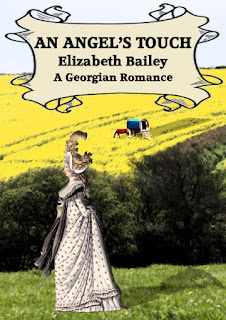Our ancestors were no less given to ways of foretelling the
future than we are. Whether you regularly read your star sign in the newspaper,
consult a medium or have your hand read in the gypsy stall at a fair, you are
in good company.
According to a book I acquired long ago, Napoleon is said to have consulted his oracle on every important occasion. The book is supposed to be, it states, “a fac simile of the one used by NAPOLEON” (their spelling of facsimile).
I am not sure how much good it did him, if we are to judge how much poor old Napoleon changed over the years.
Not only does this book contain a complicated oracle, it
goes into interpreting dreams, “weather omens, astrological miscellany and
important advice”. Also palmistry, observing moles, face reading, lucky days
and a whole lot more.
The oraculum starts with rules. What you do is make five
rows of lines, making sure there’s at least a dozen on each line. You then
count the lines on each row, and if the number is odd, you assign it one dot,
and if it’s even, you assign it two dots.
That gives you a pattern, as you can see in the illustration.
You can then ask one of 32 questions, and the following pages give you a key.
You locate your pattern, run down the column to your question, and find the
letter given. Then you go the page for that letter, again find your pattern,
and you get your answer.
Highly random, the whole thing. The questions are couched in
old-fashioned language, as are the answers.
What is the aspect of the SEASONS, and what POLITICAL
CHANGES are to take place?
I’ve done my lines and come up with odd, even, even, odd,
odd. The key gives me the letter V. My answer is: “Expect a plentiful harvest.”
What to make of that, I really don’t know!
There’s a warning that it is improper to ask TWO questions
on the same day, so I can’t do another one. Instead, let’s have a look the
second Oraculum or Book of Fate, which has a slightly different system of four
rows of dots and only 16 questions.
I had a peculiar dream the other day, so let’s ask “What
does my dream signify?”
Oh my sainted aunt! The answer is: “Signifies trouble and
sorrow.” Argghh!
Enough of that already. What about moles? I have about 500
of them I think, so this should be good. I’m going for the biggest one on my
face. The closest is upper lip, which shows happiness in marriage. Well, that’s
better, though it’s a bit late for me.
Without our amazing Met Office, I daresay the weather omens
would come in handy. Spiders seem to figure strongly, but how about these for
omens of foul and wet weather, which is pretty standard for the UK most of the
time?
If the crows make a great deal of noise, and fly round and
round.
If worms creep out of the ground in great numbers.
If the owl screech.
If asses shake their ears, bray, and rub against walls or
trees.
Ah, here’s one most of us ought to be able to notice:
If cats lick their bodies, and wash their faces.
We won’t go into face reading, or you'll be off in the mirror checking out your eyes!
To finish, I will wish
you fortunate dreams: of baking, of
catching birds, of camels, clocks or cheese, of apricots, milk, leaping or –
and what could be more dream inducing? - the moon.
Speaking of which, I will leave you with this moon charm to
discover your future husband.
Elizabeth Bailey










